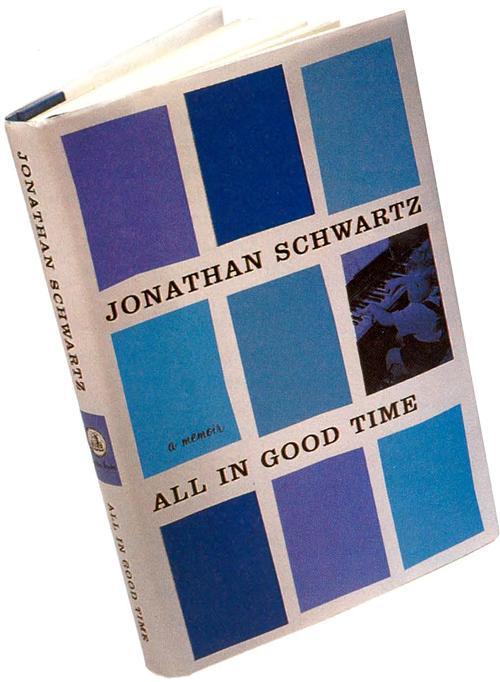Sign up for the Family Tree Newsletter Plus, you’ll receive our 10 Essential Genealogy Research Forms PDF as a special thank you!
Get Your Free Genealogy Forms
"*" indicates required fields

My father told the story for years. Jonno kept that Victrola from the age of 3 until we left California for good in 1947. Six years without breaking it or breaking one single record. When he was little, he’d applaud after every song, like the audience.
The audience in the tree, he audience in other people’s houses, the audience rather than a student at school, and what an audience for the music!
Bing Crosby, André Kostelanetz, Dinah Shore, Artie Shaw. They all sang or played my father’s melodies.
“That was a song by Arthur Schwartz,” I would say out loud, changing the record. “Here is Judy Garland.” Applause applause in my bedroom. On weekends, all day long. My mother, in her own bed in a darkened room at noon, would listen to me telling her about the records. She would read their labels as I handed them to her.
She was dressed in a silk nightgown and a lace bed jacket. There was always a book in her lap, and when I came in she would push her glasses above her hairline to greet me, cheerfully. I was called Pumpkin, and was always asked about the records I was playing and which song of Arthur’s I liked best. “Listen, hear him?” she’d say.
Downstairs, Arthur was composing with the door closed. I often sat outside the door, as the audience, and heard him repeat a melody over and over again, adding to it, subtracting, changing keys, experimenting with tempo. It seemed to me that he could stay in there forever. I could never stay anywhere forever, except at my record player. Other than that, everything felt fragmentary; shards of time, the picture disassembled, danger at the gate. Keep moving. Beware of trust.
“His highs were high, and his lows were low,” a friend of Arthur’s recalled, long after his death in 1984.
But from out of the living room there emerged, finally, only an ebullient guy. Hearing him finish, I had scampered away. On most occasions, he would call me in to hear what he had written, and I would listen to what I had already heard. Although I never told him, I could identify his edits, his inclusions, or a new line or two that he’d make up right then. I was able to hear the architecture of a melody, to feel it whole, a complete thing, with no words yet. Just my dad. Just his handiwork.
No need to ask him to play it again. He would always play it three or four times. When the lyric was written, he’d sing it into your face, selling the song, playing softly for the first vocal chorus. Then he would play the entire melody, just the melody, and he would beam at you and draw out the best you had, smiles galore, appreciation, clapping, play-it-again, I-want-to-hear-it-again. Arthur would ask, “Isn’t it terrific?”
It was terrific. It was, it was.
ADVERTISEMENT

